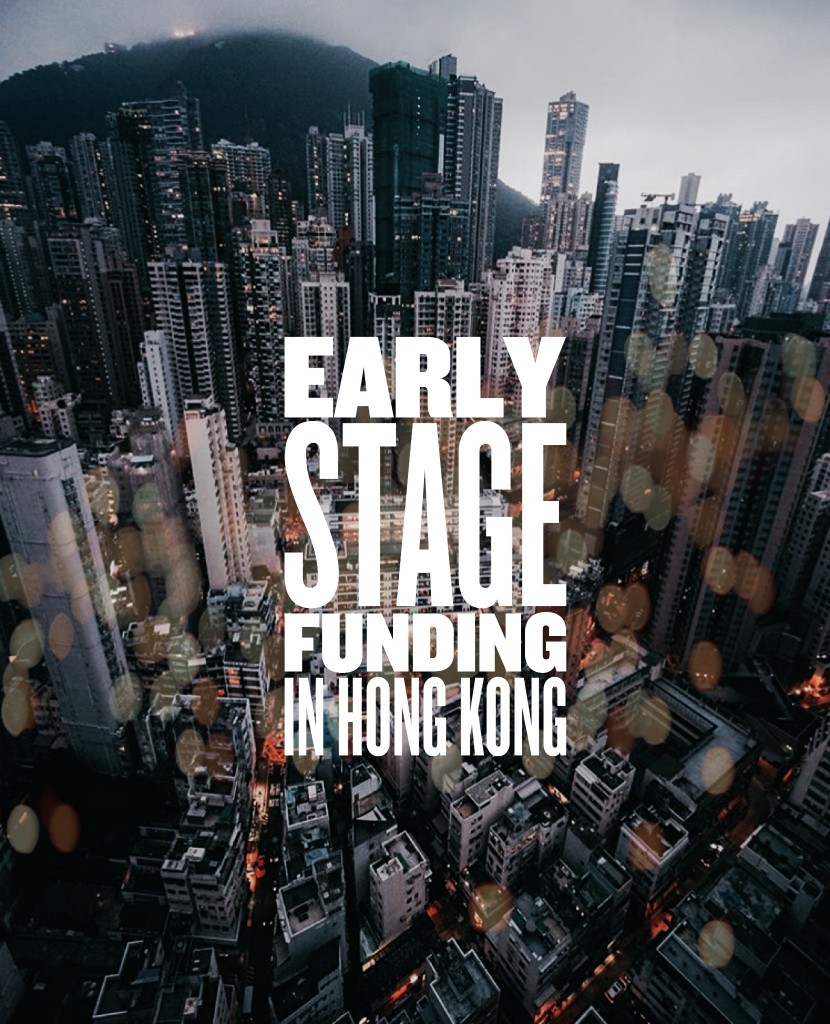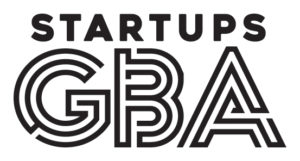
You may have seen reports floating around on the interwebs on the current state of Hong Kong funding, from ill-advised infographics to strangely sourced global reports.
So we decided to call up James Giancotti of OddUp a new startup that is tracking other startups around the region, and try and put together a proper list of startup funding in Hong Kong by local investors into local companies.
It’s also a good time to check the pulse of the investor ecosystem; after all the noise that big events like RISE and StartMeUp brought to Hong Kong, how, and if, the local investor market has been doing to actually help fund local startups.
This report is looking at the actual public angel and VC groups in Hong Kong. We don’t have data on Family Offices since they keep things private, as do smaller investor syndicates and angels who don’t like to have their names on the internet. Today the HKSAR government released it’s new budget to include startups (take a look at this budget breakdown specifically for the startup sector by Charles Mok), so we will have to take a revisit this next year and see if this new budget has helped increase any activity amongst local investors.
Here is what the state of early stage funding in Hong Kong really looks like:
It’s early in the new year of 2016 and there has already been a spotlight on Hong Kong as a tech ecosystem. A number have also been vocal about the need to build early stage investment support in the city. At Oddup, we maintain our view that the real funding gap sits at Series A and Series B. Based on analysis – on the request of the StartupsHK team – we have put together the numbers that accurately present the current startup investment landscape in Hong Kong.
The most active early stage investors in Hong Kong.
- 500 Startups is the biggest early stage investor in Hong Kong having invested with Grana, 9GAG, Shopline, DayDayCook and Talkpush.
- BigBloom are the biggest Hong Kong based investor with 10 investments in Hong Kong startups
- Vectr Ventures has been the most active Hong Kong investor in the past 12 months with investments in Floship, DayDayCook and Lamplight. Brinc also has been active investing in 2015 in which 5 were from Hong Kong.
- Fresco Capital and Bigcolors both had exits in Hong Kong companies in 2015 – Plukka (ASX: PKA), Kisshugs (ASX: CM8).
- Many major accelerators have invested in Hong Kong startups including 500 Startups, Y Combinator, SeedCamp and Techstars
- Softlayer Catalyst made no investments

Little investment coming from Corporate Accelerators
In the last 12 months Hong Kong, corporate accelerators popped up throughout Hong Kong. Accenture’s FinTech Innovation lab, AIA, Blueprint, DBS, Infiniti, inducting over 100 new companies yet resulting in few follow on funding rounds. The best performing corporate accelerator has been Blueprint, which has helped a number of companies secure funding through its connections with 500 Startups and Seedcamp.
Hong Kong investors are investing but predominately Seed.
Hong Kong investors are investing but they are just investing in a handful of exciting early stage startups in the city. There have been 24 major funding events for Hong Kong startups in the past 12 months. Only 3 did not have a Hong Kong investor involved. The most recent was Welab’s Series B. Only 50% of the last 10 Hong Kong Series A’s rounds included Hong Kong investors.
Where the investors are investing? Hong Kong or elsewhere?
As early stage Hong Kong investors start to pour money into Hong Kong based startups, they also invest heavily abroad with Silicon Valley being the top choice for their investment.

- Despite running 3 corporate accelerator programs in Hong Kong and a strong supporter of Hong Kong startups, Nest only has 15% of its portfolio in Hong Kong startups
- Fresco Capital has only 18% of its portfolio in Hong Kong, with Vectr Ventures (21%), Ironfire Capital (11%), SXE Ventures (27%) and Click Ventures (24%) all opting to invest more abroad than in Hong Kong.
- Hong Kong investors who have over 50% of their portfolio in Hong Kong startups include BigBloom, CoCoon, Bigcolors, Jaarvis, Mindfund and AAIC.
For Series B, Hong Kong startups will look elsewhere
As we have seen with Welab’s recent $160m USD investment – which makes them the city’s first unicorn, none of their Series B investors were from Hong Kong. With Grana’s recent success, again investments came from non Hong Kong investors. These were led by Golden Gate Ventures and 500 Startups. From GogoVan securing from the Chinese, to Notey getting funds from Silicon Valley and London, the best startups who have the potential to become household names ultimately have sought for overseas investment.
We see large VC firms in Hong Kong who can invest at Series B and C stages, focus on moving their capital to China and Silicon Valley opting to invest in proven ecosystems. To combat this, more Welab’s, Grana’s and EasyVan’s need to be created to inspire confidence in the ecosystem.
Top photo by @EdwardKB
James Giancotti is the founder of OddUp and partner in BigColors. See his Startbase profile here.
